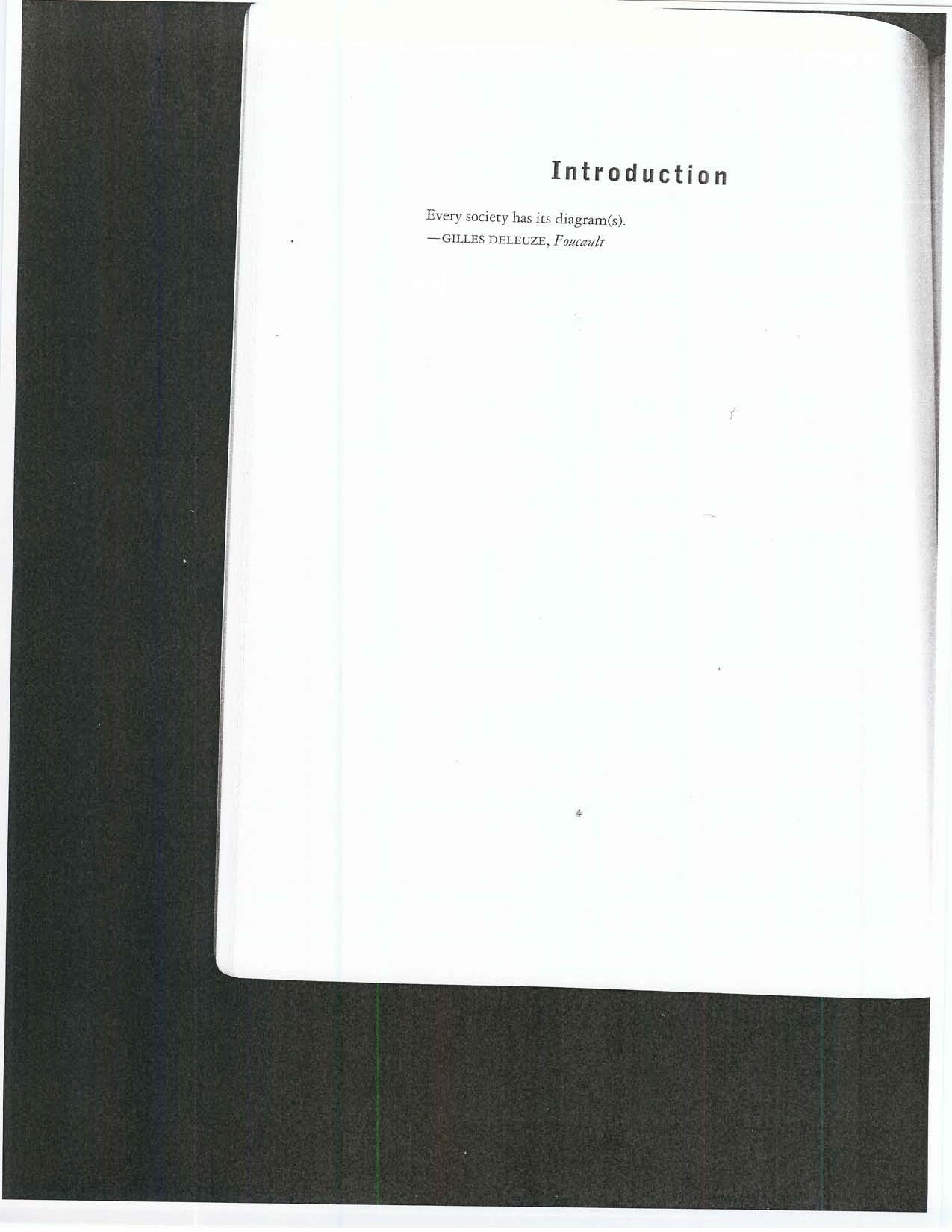OpenEvents
Thematic project: Open events
Open events: Communities and their means of encounter
Public events are a privileged arena for cultural and social interchange. Unfortunately, most events are presented to the public as finished products leading to a passive consumer atitude from the public. To contradict such tendency, several events have open up their structure allowing the public to get involved in the overall organization. Events that seek active participation have abandoned an organization structure based on hierarchies and static planning to embrace participation and distributed forms of organization. Involving the public from an early fase has proved to foster participation and to create a fertil soil for forms of culture that otherwise would not have an expression. Grounded on existing cases of open conferences and festivals, it is shown how open, distributed and participatory models have been used to create successful events.
In this thematic project off-line events are analyzed in order to cover and understand the following subjects:
- Centralized, de-centralized and distributed networks;
- Network cultures: social networks / anti-social notworking;
- Self-organization;
- Participation;
- Agile development;
- Asyncronous server-client communiation;
- Peer-to-peer software;
== Documentation ==
Each participante is supposed to create a wiki page to document the following aspects:
- Outcomes of weekly assignments;
- Project plan;
- Project concept;
- Annotated bibliography;
== Final project and essay ==
The final project and essay should evolve from the weekly assignments. The project is supposed to be based on distributed networks and participation. Agile developments techniques should be used to achieve the final result.
== Required readings and audiovisuals ==
=== Bibliography ===
- Armin Medosch. Society in Ad-Hoc Mode (2004) Autonomedia [1]
- Cox, Geoff. "Antisocial Applications: Notes in support of antisocial not-working". [2] Retrieved on 2008-08-01.
- Alexander Galloway. Protocol: How Control Exists after Decentralization (Introduction) (2006) The MIT Press.
- Hardt, Michael. Hail the Multitudes, From Adbusters 57, Jan-Feb 2005 [3]
- Lovink, Geert and Rossiter, Ned. Ten Theses on Non-Democratic Electronics: Organized Networks Updated, [4] - May 2007.
- Chantal Mouffe. Artistic Activism and Agonistic Spaces (2007)
- Walter Benjamin. The Author as Producer (1970) New Left Review I/62
- Lazzarato, Maurizio. Immaterial labor. In Radical thought in italy: A potential politics, ed. Paolo Virno and Michael Hardt, vol. 7 of Theory Out of Bounds, 133 – 147. Minneapolis: University of Minnesota Press. 1996.
- Deleuze & Guattari: A Thousand Plateaus: Capitalism and Schizophrenia (on the rhizome). University of Minnesota Press, 1987
- Ned Rossiter. Organized Networks: Media Theory, Creative Labour, New Institutions (Paperback)
- Miessen, Markus. The violence of participation: Spatial practices beyond models of consensus in http://www.eurozine.com/articles/2007-08-01-miessen-en.html
- Bauwens, Michel. ’The Social Web and its Social Contracts: Some Notes on Social Antagonism in Netarchical Capitalism’ (2008)
- D. Ronfeld and J. Arquilla, “ Networks, netwars, and the fight for the future,” firstmonday, vol. 6, no. 10, October 2001.
=== Audiovisuals ===
- Directed by Lutz Dammbeck, Das Netz (2004) 121 min
- Directed by Mark Neale, William Gibson: No Maps for These Territories. (2000)
- Manuel DeLanda: The Philosophy of Gilles Deleuze. (2007) European Graduate School
- The yes man (2003)
- Geert Lovink: 2007 European Graduate School
- Jacques Derrida: On Forgiveness. (2004) European Graduate School
- Stefaan Decostere, 'Warum wir Maenner die Technik so lieben' (Why do we man love technology so much) (1985)
- Lev Manovich: The Infinite Expansion; Ars Electronica 2007
- This is what Democracy looks like, USA (1999) 72 min
- Bruce Sterling: On sustainable design (2007) LIFT Conference
Guests
Weekly Plan
Meeting 01 (24-09-09)
- Pecha Kucha: Short introduction;
- Introduce the Open events;
- Present plan for the semester;
Meeting 02 (01-10-09)
- Introduce Agile development;
- Discuss and analyze different networks: centralized, decentralized and distributed;
- Introduce: Ad-hoc networks, freenet, etc
- Todo: Presentation of micro assignment, wiki page and structural planning;
Meeting 03 (08-10-09)
- Open events: self-organization, participation and distributed networks.
- Introduce AJAX;
- Todo: Presentation of micro assignment;
Meeting 04 (15-10-09)
- Discuss issues of protocol;
- Discuss participation: collaboration and Agonistic Spaces;
- Develop AJAX;
- Download simple AJAX example: attachment:ajax_simple.zip
- Download AJAX chat attachment:ajax_chat.zip
- Todo: Presentation of micro assignment;
Meeting 05 (29-10-09)
- Deadline: Annotated bibliography;
- The means of encounter
- Participation examples;
- Visit exhibition: http://www.v2.nl/events/the-origins-of-innocence
Meeting 06 (05-11-09)
- Todo: Presentation of first prototype of final project;
- https://code.goto10.org/projects/nmm/wiki/OpenEvents/5Nov
Meeting 07 (12-11-09)
- Discuss projects
- Deadline: Mid-term assessment;
Meeting 08 (19-11-09)
- Todo: Presentation of first prototype of final project;
we decided we want to present our works in a shop. we have written a proposal for shop owners in which we ask them to host our projects in their shops. participation in this format of presentation is completely voluntary and we are only doing it because it turned out many works are about shopping. we will also produce a publication and present documentation of all of our works in it. the publication should be ready on the last day - the 17th, so the action in the shop should happen somewhere between the 9th and the 12th of december. here is a link to our proposal.
Meeting 09 (26-11-09)
- Deadline: Thematic project essay;
- https://code.goto10.org/projects/nmm/wiki/OpenEvents/26Nov
Meeting 10 (03-12-09)
- Todo: Presentation of final project's documentation;
Meeting 11 (10-12-09)
- Tutorials 11h00: with Roel Wouters Book your tutorial HERE! and Luna Maurer;
- Artist talk 13h00: Marnix de Nijs: As an artist, De Nijs shows how culture acts upon our senses, and he expresses this in a great variety of ways, making use of continually-changing technology. This allows him to emphasise a new role for the artist that seems to have been established by our developing culture of technology. De Nijs describes himself and his work as recognition of the dynamic collision of bodies, machines and other media. http://www.marnixdenijs.nl/ Book your tutorial HERE!
- Deadline: Submission of project.
Meeting 12 (17-12-09)
- Todo: Final presentation of projects possibly outside PZ.

